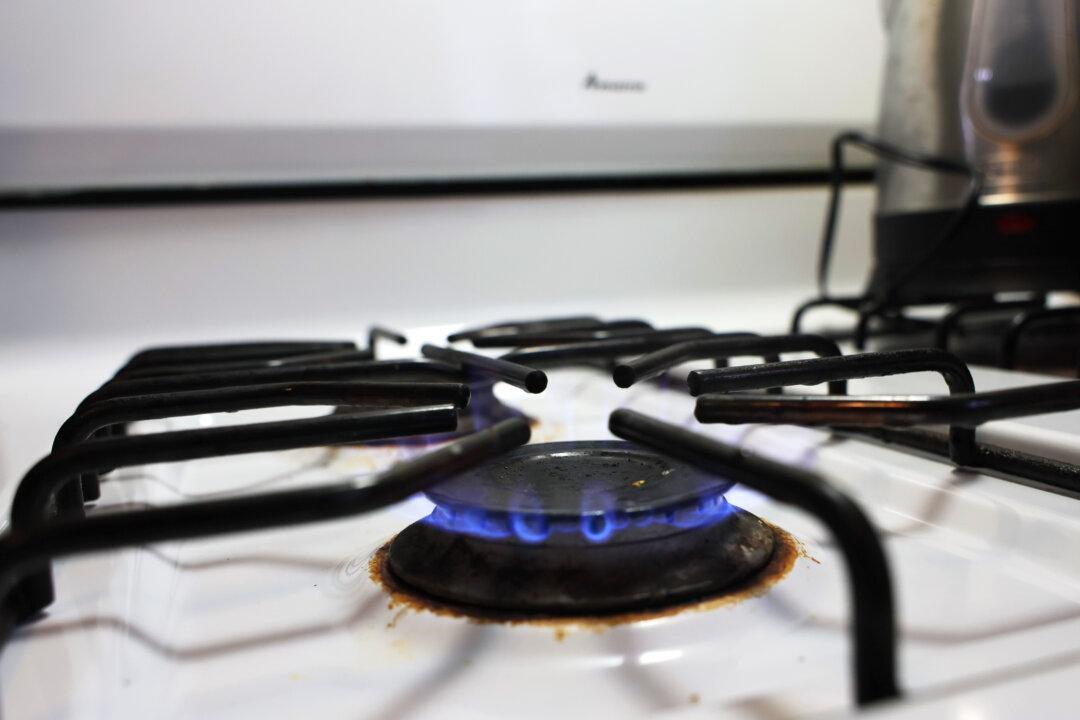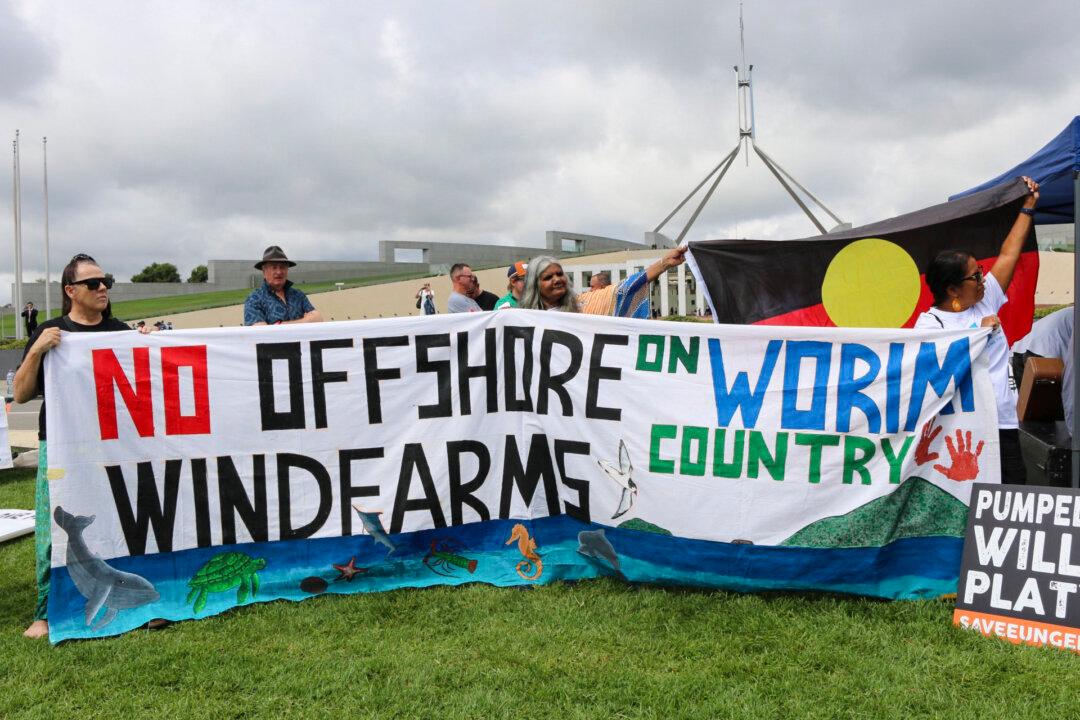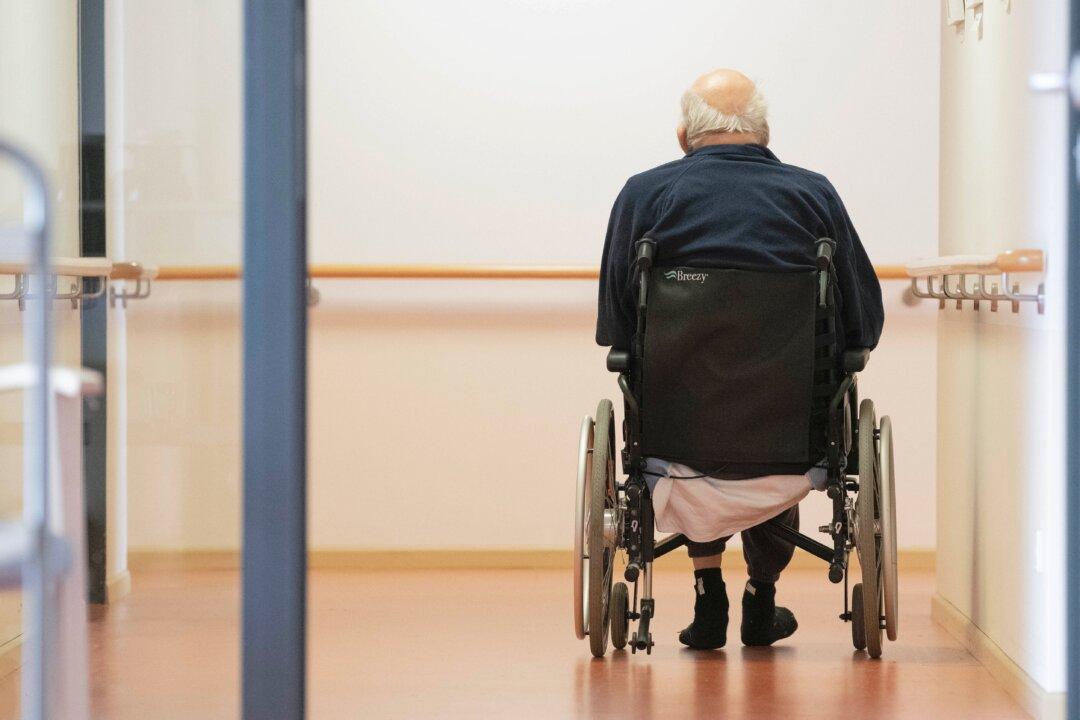A petition with over 3,000 signatures is calling on the Victorian government to scrap its ban on new gas stoves and heating connections.
The Labor government announced the ban for residential gas connections (that also includes hot water heaters) in July this year which is set to come into effect on Jan. 1, 2024 as a part of a push towards net zero emissions in the state.




